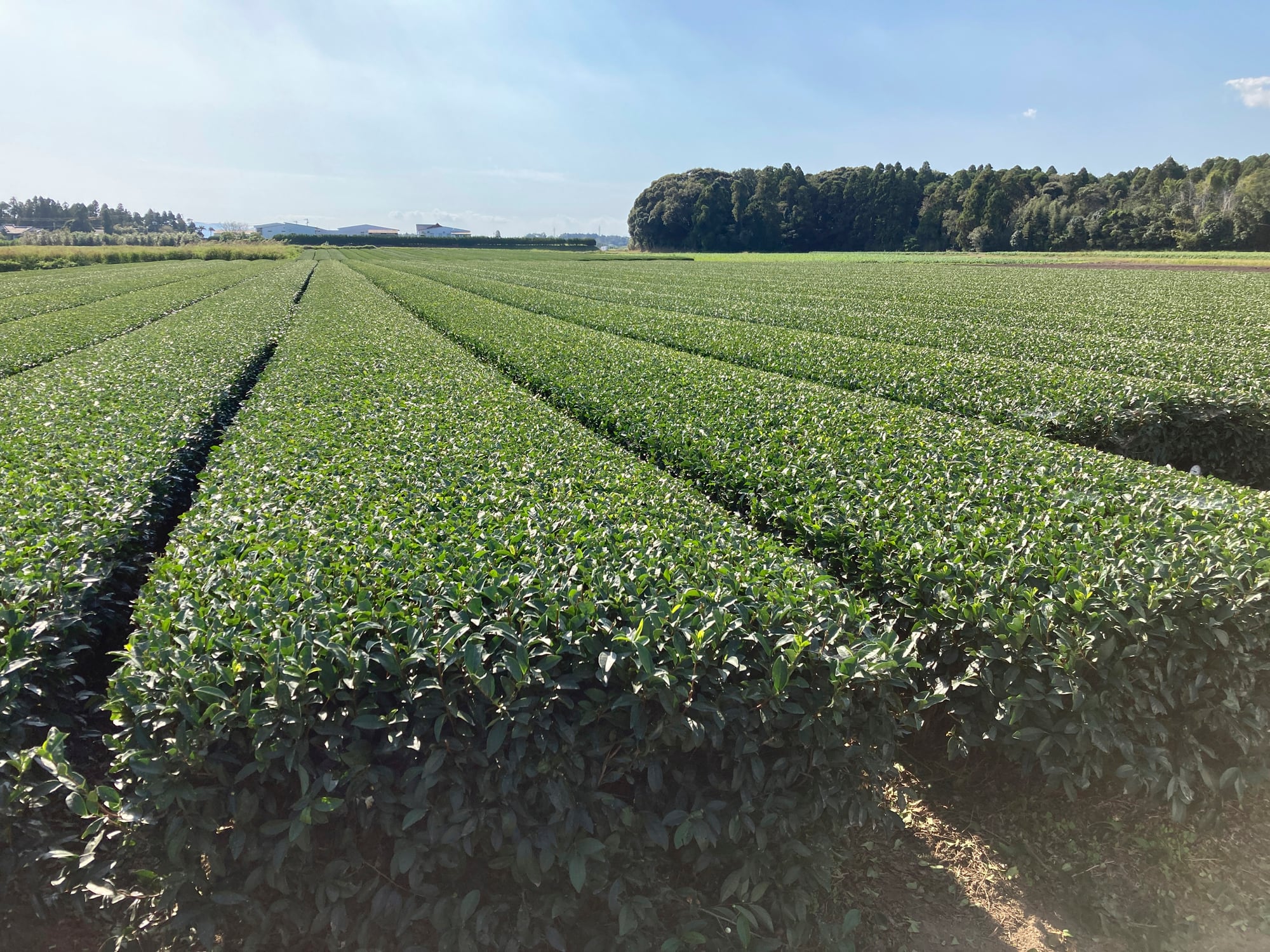The multinational beverage company has explored regenerative agriculture to safeguard its supply of ingredients for the long-term.
“We initially had concerns about climate impacts to our critical raw materials and formed a strategy group to review potential impacts and solutions. Through this work we kept coming back to the same solution across many crops to reduce risks of drought and temperature extremes – this solution was regenerative agriculture,” said Brian Golden, senior general manager, global supply solutions department, Suntory Group.
“We believe that regenerative agriculture, which conserves and restores farmland ecosystems while maintaining crop production, is a necessary step if we are to continue to enjoy the benefits of agricultural produce in the future.”
Scaling regenerative agriculture is complex due to knowledge gaps, upfront costs, and the time it takes to see benefits.
Corporate-led pilots, like Suntory is spearheading, are helping pave the way for broader adoption.
“Regenerative agriculture scaling is a critical task, and we see the speed of scaling increasing year by year due to more experience amongst farmers and corporates. Though there are many challenges to overcome, focusing on the Gemba (the farm) will ensure that solutions make sense for farmers and will help future scaling to move quicker,” said Golden.
The company is working to enhance resiliency against challenges like climate change and achieve its goal of reducing emissions by 30% across its entire value chain by 2030.
These measures included measures such as reducing the use of chemical fertilisers, introducing cover crops, and reducing tillage.
“Furthermore, we recognise that engaging in regenerative agriculture is essential to achieving our goal of net zero GHG emissions across the entire value chain by 2050,” said Golden.
Suntory’s latest initiatives
Golden said the firm was “continually testing” methods and technologies that could potential contribute to achieving its vision.
It recently announced it was pilot testing the use of biochar from Japanese start-up TOWING.
The pilot aims to evaluate organic fertilisers treated with high-performance biochar against conventional organic fertilisers.
“We saw TOWING’s high-performance biochar as a new technology in regenerative agriculture that can contribute to achieving carbon neutrality… We believe that high-performance biochar will promote upcycling of manufacturing byproducts and reduce GHG emissions by suppressing the use of chemical fertilisers in growing our agricultural raw ingredients,” said Golden.
According to the firm’s press release, the first complete harvest has yielded encouraging results.
The crops grown in soil treated with high-performance biochar maintained the same quality while improving the yield compared to the use of conventional organic fertilisers.
Additionally, the firm has partnered with Tokyo University of Agriculture and Technology (TUAT) to increase and stabilise sweet potato yields in Kagoshima.
The pilot will run for three years, concluding at the end of 2027.
It will test whether adding green manure and biochar to sweet potato fields improves soil health and disease resistance.
This is an urgent concern as the country has seen yields decreased by approximately 10% since the spread of foot rot in 2018.
“Suntory will continue to test and trial new concepts across our entire footprint that deliver the most benefits to nature and society with a focus on scalability,” said Golden.


